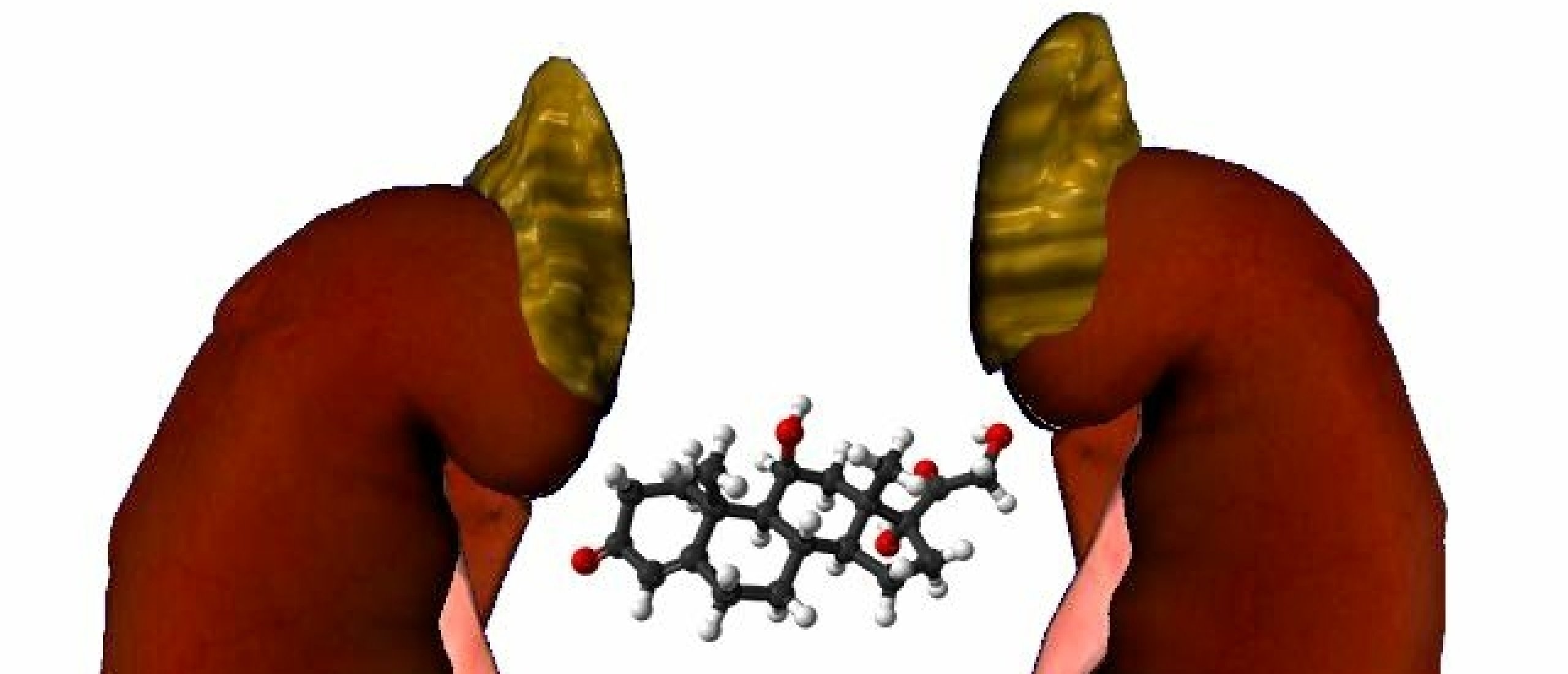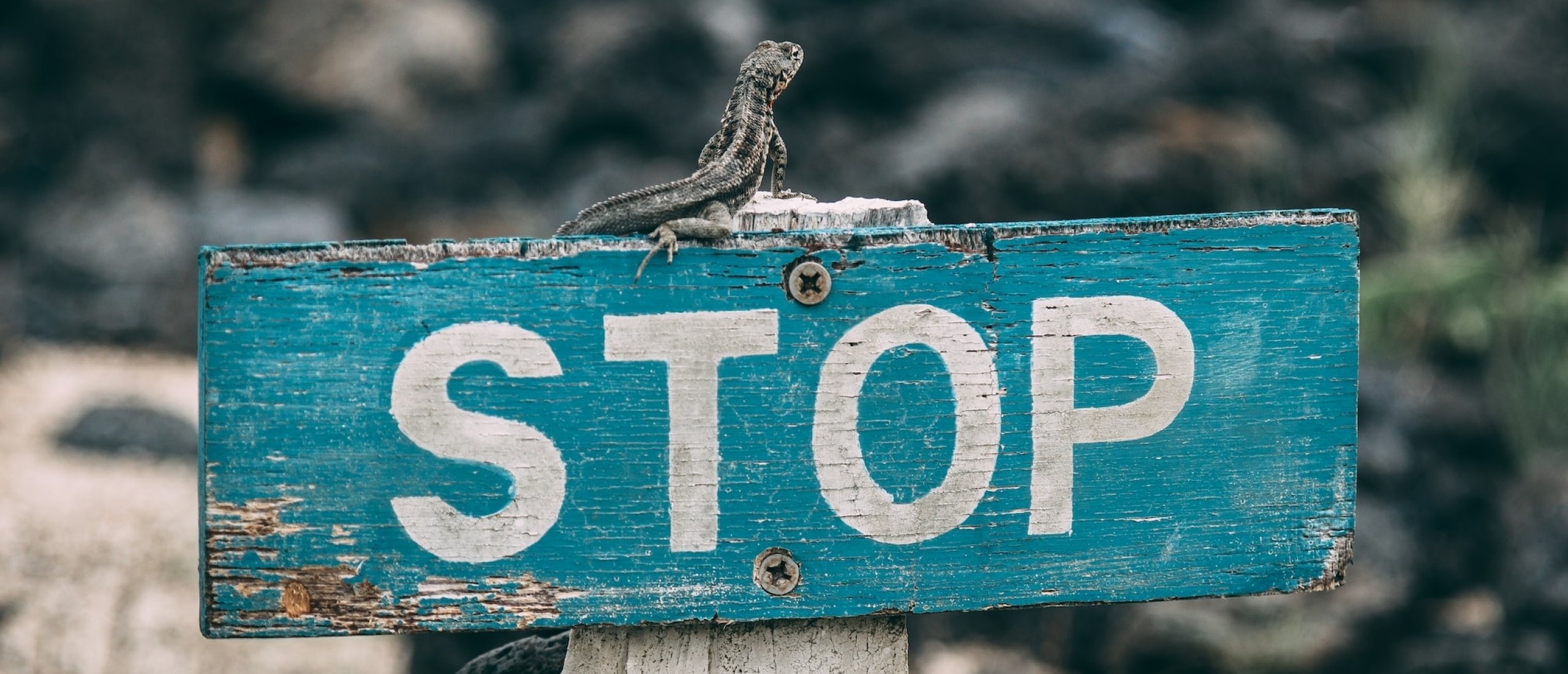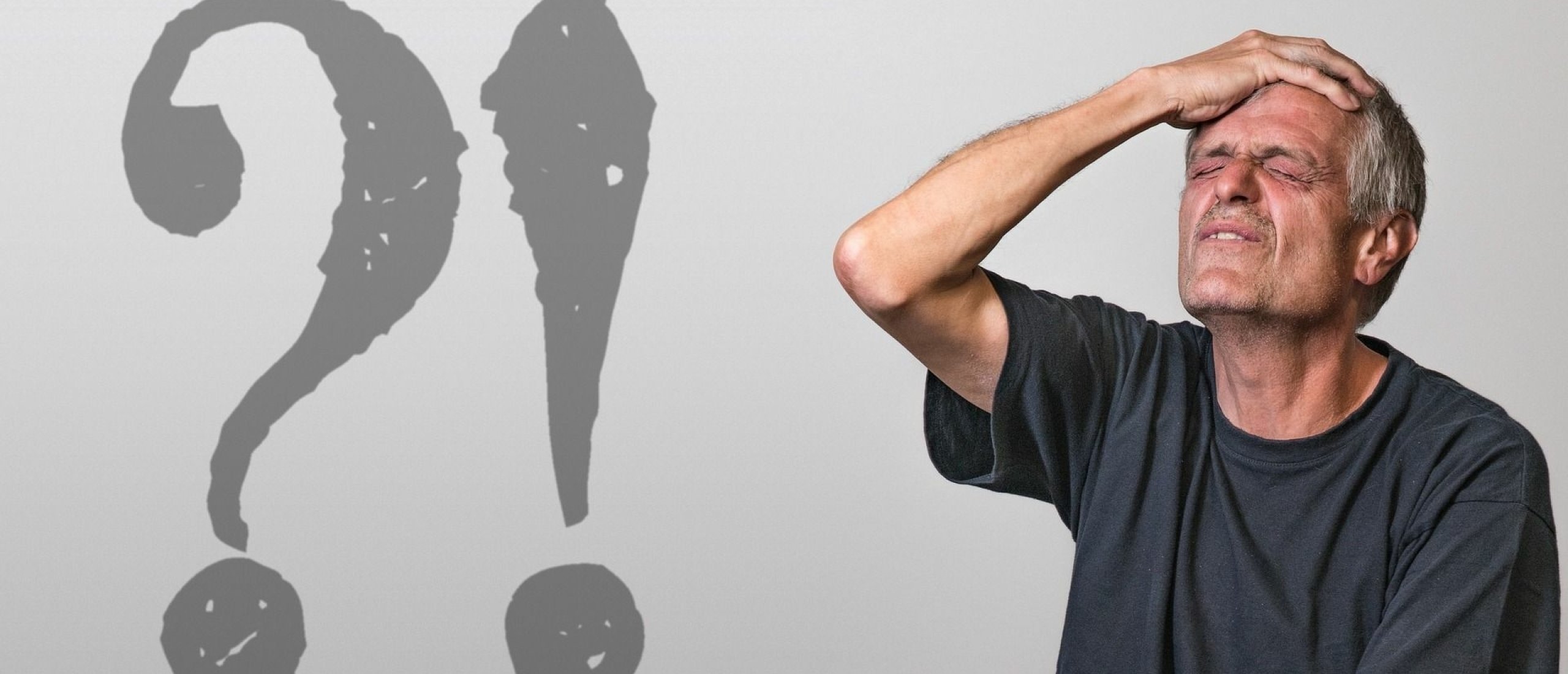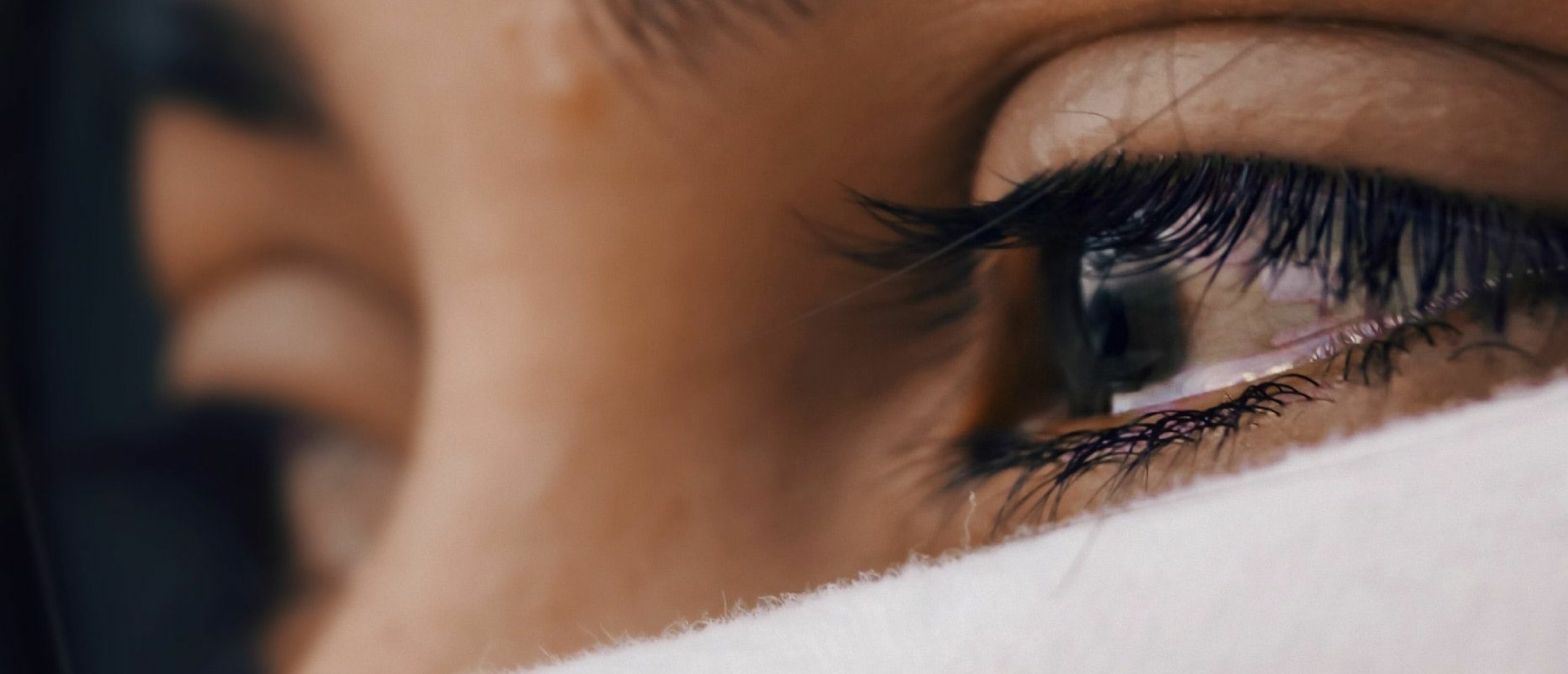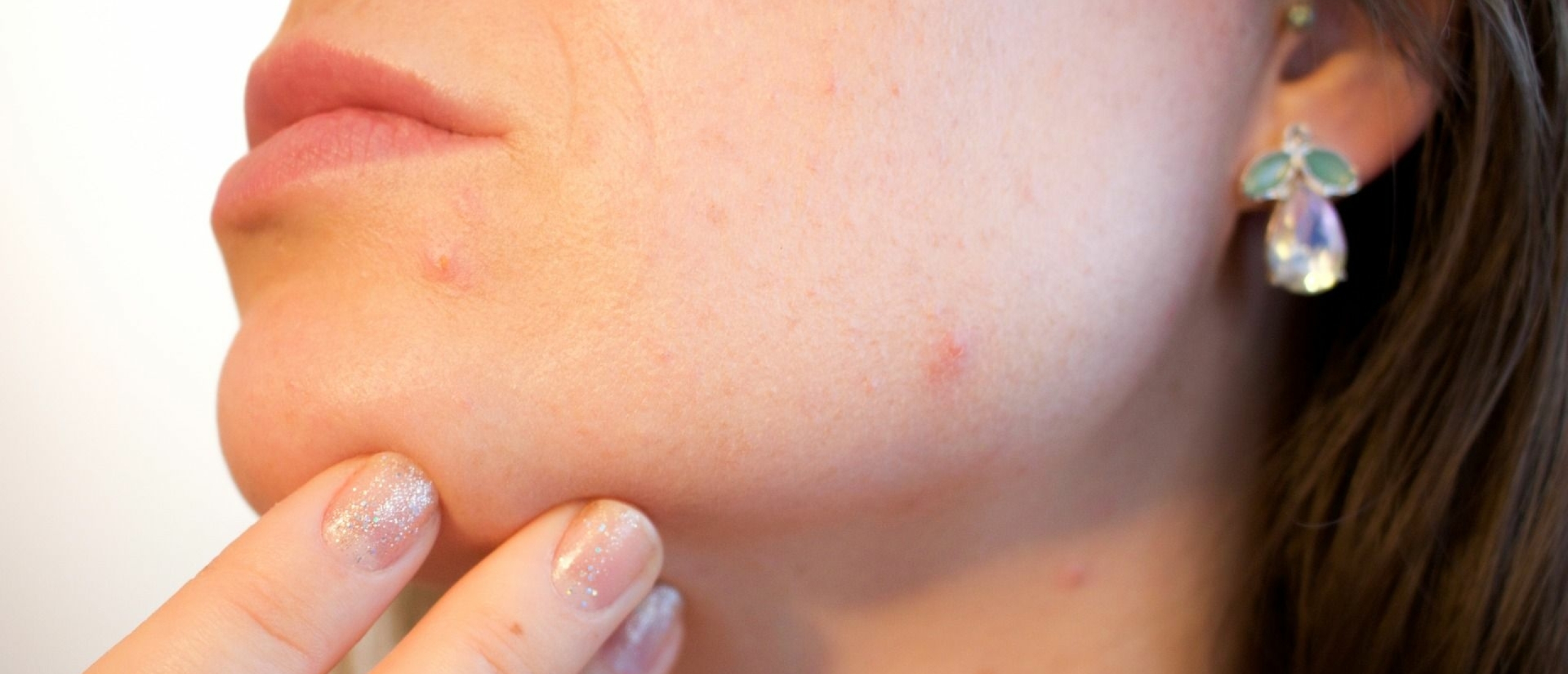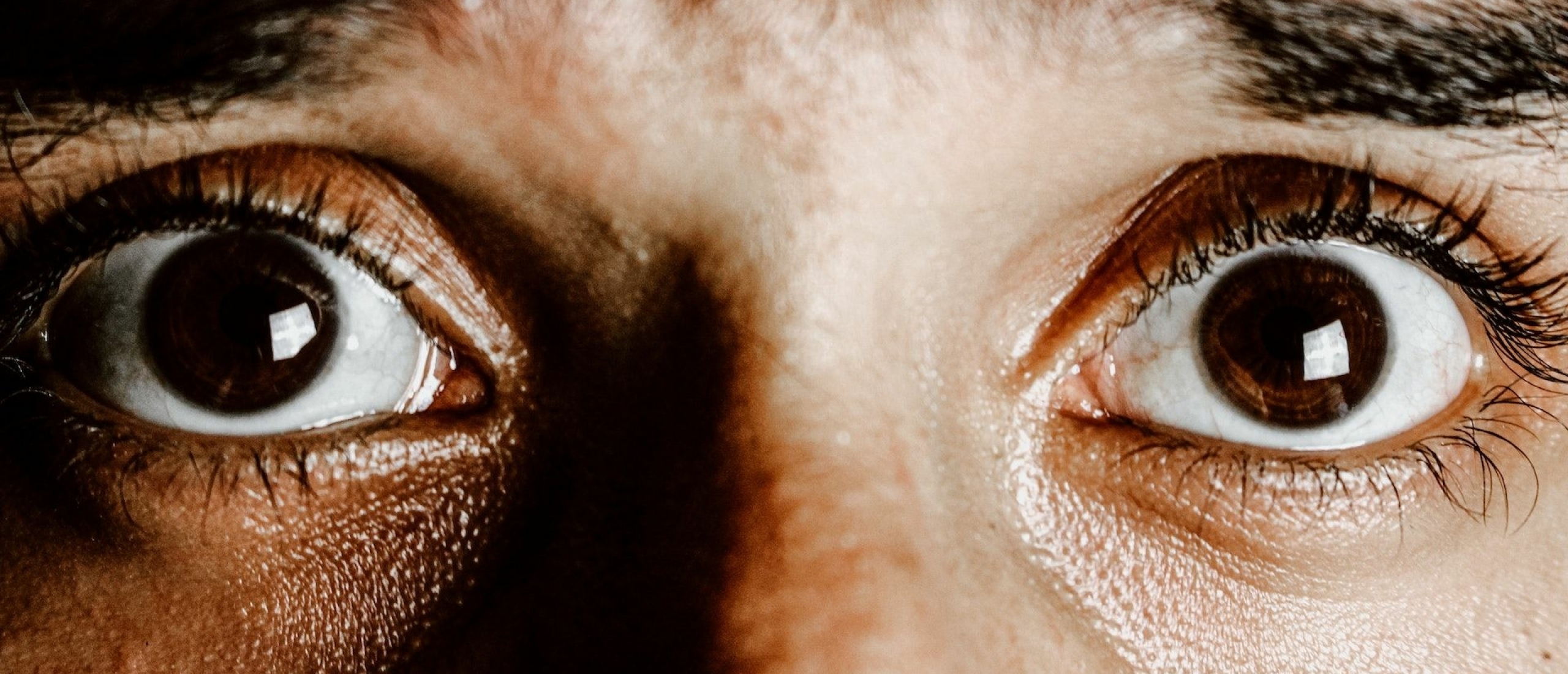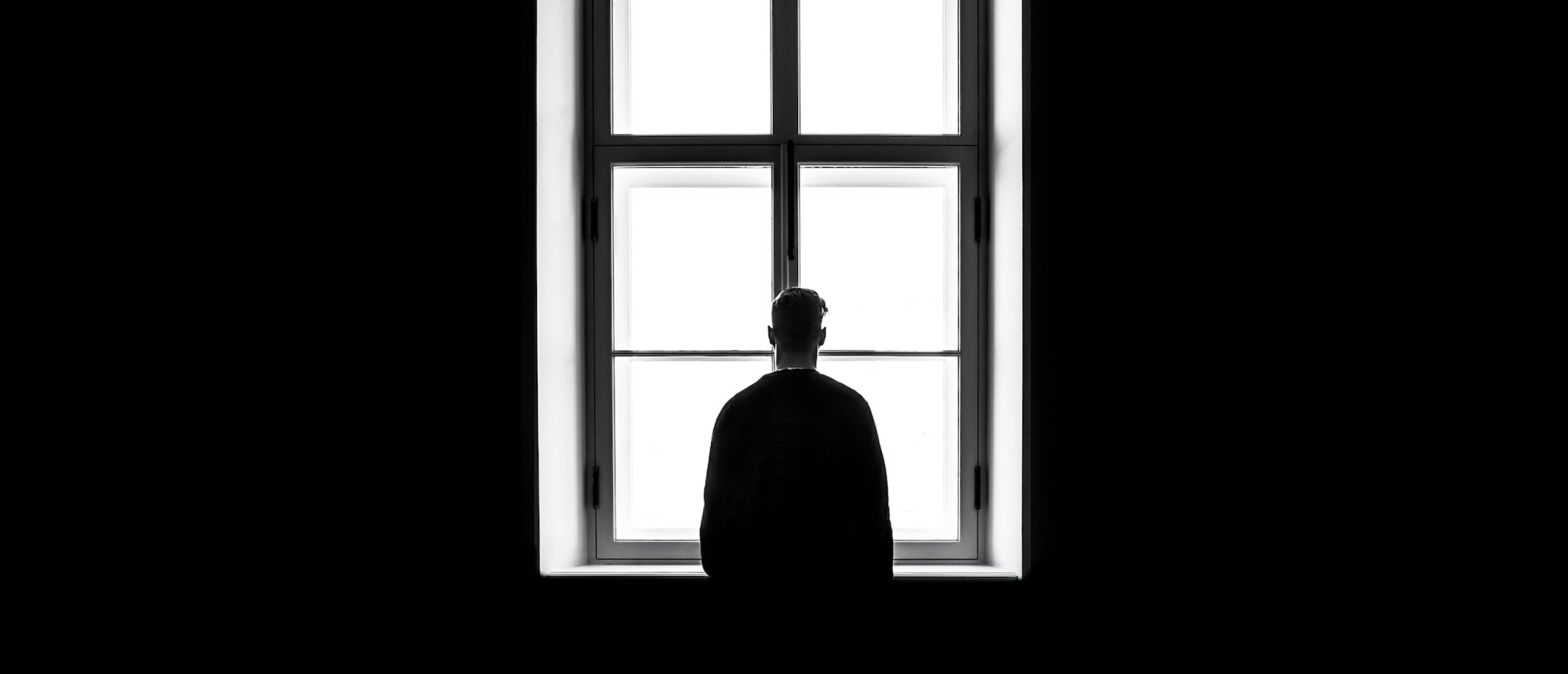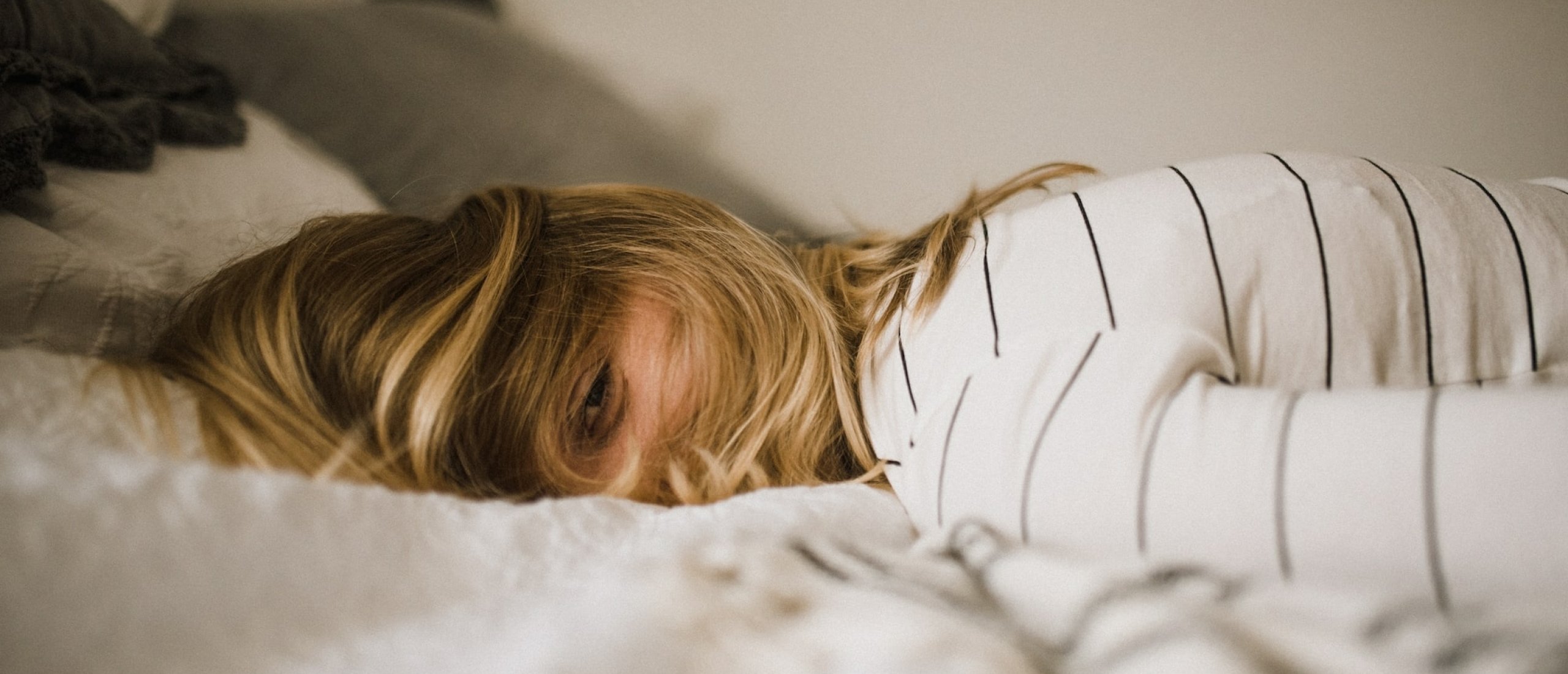
A common problem associated with stress is the loss of sleep. The loss of sleep is the consequence of staying in a state of alertness, which is caused by stress hormones. Fortunately, there are a few things you can do to switch yourself off and sleep like a baby.
Stress and loss of sleep, a vicious circle
Stress can lead to a loss of sleep, or insomnia. By the same token, insomnia can lead to stress. A good night’s sleep is necessary to break this vicious cycle. But before we will go into this, we will first describe what insomnia is precisely, and how stress affects sleep.
Insomnia
Insomnia is in fact quite a common sleep disorder related to stress, affecting 10-30% of adults. It is defined as persistent difficulty falling asleep, difficulty staying asleep throughout the night, or impaired overall quality of sleep. Insomnia occurs despite sufficient time allotted for sleep on a given night, and even if you have a comfortable place to sleep. The lack of sleep manifests itself in symptoms of insomnia, which include excessive daytime sleepiness, fatigue, irritability (which is therefore one of the symptoms of stress), and concentration problems.
According to medical definition, chronic insomnia is diagnosed when a person displays these symptoms at least three times per week for at least three months. If someone experiences insomnia symptoms for fewer than three months, then this condition is referred to as short-term insomnia. Just as chronic stress can bring chronic insomnia, acute stressors can give short-term insomnia symptoms. Usually, short-term insomnia resolves itself once the acute stressors have been adequately dealt with.
Stress affects sleep
Stress is an important risk factor for insomnia. Stressors that can contribute to insomnia include stress at work, marital or family problems, death of a loved one, disease and financial worries.
Not everyone who is under chronic stress will develop insomnia. This varies from person to person. Insomniacs compared to controls tend to be more discontent, both as children and as adults, have less satisfying interpersonal relations, and relatively low self esteem, leading to inadequate coping mechanisms for dealing with stress. Also, those with anxiety disorders are at higher risk for developing sleeping problems.
Once chronic insomnia has presented itself, people often feel anxious about sleeping and other aspects of their lives. This, in turn, increases daily stress, which enhances insomnia even further. This will lead to impaired functioning during daytime, which can lead to even more stress. Examples of such impairments include fatigue and reduced energy, concentration and memory problems, social difficulties in private or professional contexts, hyperactivity, aggression, impulsivity, and inaccurate judgment leading to poor decision making and increased risk for errors and accidents.
Stress responses and insomnia
The hypothalamus-pituitary-adrenal axis (HPA-axis) is one of the body’s systems to deal with stress. The hypothalamus in the brain synthesizes a small protein, CRF, which instructs the pituitary gland to produce a stress hormone, called ACTH. ACTH stimulates the adrenal gland to release another stress hormone, cortisol.
CRH and cortisol are known to cause arousal and sleeplessness. In contrast, sleep, and particularly deep sleep, has an inhibitory effect on the stress systems, not only on the HPA-axis but also the sympathetic nervous system that produces the stress hormones adrenaline and noradrenaline (also known as epinephrine and norepinephrine). These also contribute to alertness.
Several scientific studies have assessed cortisol levels in people suffering from insomnia. Although results are not consistent between studies, there is consensus among scientists that insomnia increases the amounts of ACTH and cortisol in the blood when measured over 24 hours. Both hormones are in healthy people released mostly in the morning with awakening, and then fall over the course of the day, allowing for proper sleeping at night. In insomniacs, it seems that ACTH and cortisol are elevated in the evening, which would keep them awake. Overall, ACTH and cortisol levels still follow the same rhythm in insomniacs and healthy controls, but at higher levels. It has therefore been concluded that insomnia is not a condition of sleep loss, but rather as one of increased alertness. This conclusion is further supported by observations in several studies that sleep deprivation per se is not associated with increased cortisol levels.
Broadly applicable insomnia treatment options
First off, it should be noted that insomnia is not necessarily related to stress. Insomnia can be caused by multiple factors, such as aging and menopause. However, we will discuss only treatment options for stress-related insomnia, although the list of DO’S and DON’TS always applies:
- DO maintain a regular sleep schedule
- DO go to bed only when sleepy
- DO physical exercise during the day
- DON’T smoke and minimize the use of caffeine and alcohol
- DON’T sleep during the day
- DON’T use electronics before going to bed
Reducing stress to reduce insomnia
The next series of insomnia treatments obviously aim to reduce stress. Stress reduction techniques should go beyond the well-known exercises such as breathing techniques and yoga / mindfulness, because these either serve to reduce acute stress or make you more resilient to stress. Both do not apply here, because chronic insomnia arises from chronic stress, and once you are in this condition you have already passed your point of resilience. This is not to say that you shouldn’t practice them, they may help but are likely insufficient on their own.
Rather, techniques should be adopted that help to reduce chronic stress. These are typically more elaborate and take more time than techniques to reduce acute stress. They may involve help from medical doctors and psychiatrists. Also, with professional help or by yourself, you would have to precisely define which conditions or events caused your stress.
Since insomnia is a disorder of 24 hours hyperarousal and not simple sleep loss, the therapeutic goal you set with your doctor or psychiatrist should not just be to improve the quality and quantity of nighttime sleep, but to decrease the 24 hours hyperarousal. Stress management techniques are part of this. If relevant, the medical professional will explain how anxiety participates in the vicious cycle of stress and insomnia. Stress management techniques often go hand in hand with a reducing effect on anxiety, as anxiety and stress are, although different, related.
The therapy proposed by a psychiatrist will target the emotional hyperarousal that insomniacs present, not just before sleep, but throughout the 24h sleep/wake period. Cognitive behavioral therapy is frequently used to reduce stress and anxiety, and have been reported to be effective, particularly in elderly insomniacs. In many cases though, a psychiatrist may have to go beyond stress and anxiety management techniques, and opt for an insight-oriented psychotherapy to find the underlying causes of stress.
Since insomnia is caused by HPA-axis activation, and hence high cortisol levels, researchers have sought medication that would normalize cortisol levels to treat insomnia. They found that some particular antidepressants improve sleep and reduce cortisol levels at the same time. This suggests that medication could be used to reduce HPA-axis activity and cortisol concentrations in the blood to improve sleep. However, the use of antidepressants and anxiolytic drugs, although they have a positive effect on sleep, can cause unwanted side effects such as a dry mouth, blurred vision, orthostatic hypotension, constipation and cognitive impairment, particularly in the elderly. More research is still needed to find proper medical treatment of insomnia.
A final word
As with many symptoms of stress, insomnia is not a condition that arises with stress only. If you think you suffer from insomnia and recognize other symptoms of stress, consulting your doctor or a psychiatrist would be a good thing to do. You could also read the articles on the Stressinsight website and subscribe to our course Surmounting Stress to find out more about the symptoms of stress and stress management techniques, both on the short term (for acute stress) and the long term (for chronic stress). Short term insomnia caused by acute, but shorter lasting, stress is not a problem for your health, but in the longer term, it is necessary to improve sleep hygiene and reduce chronic stress.

